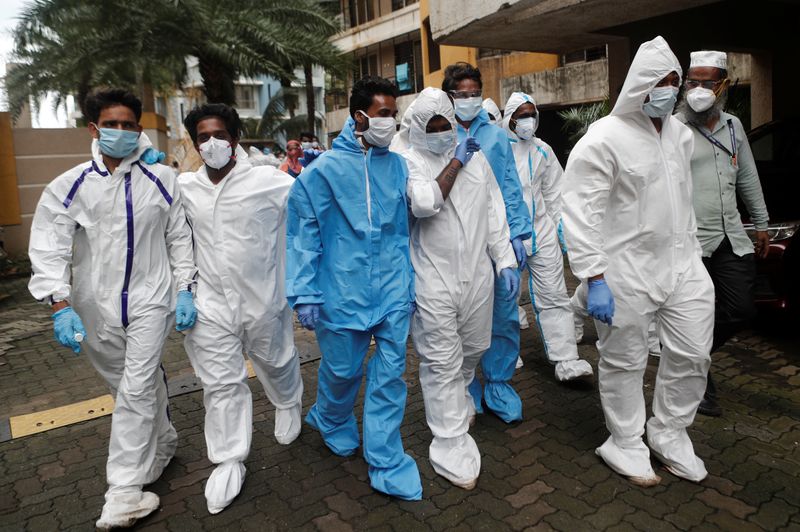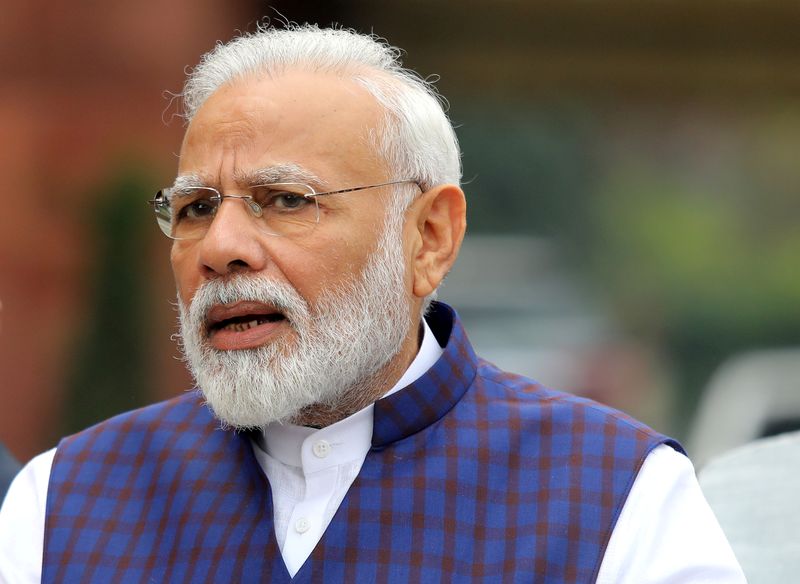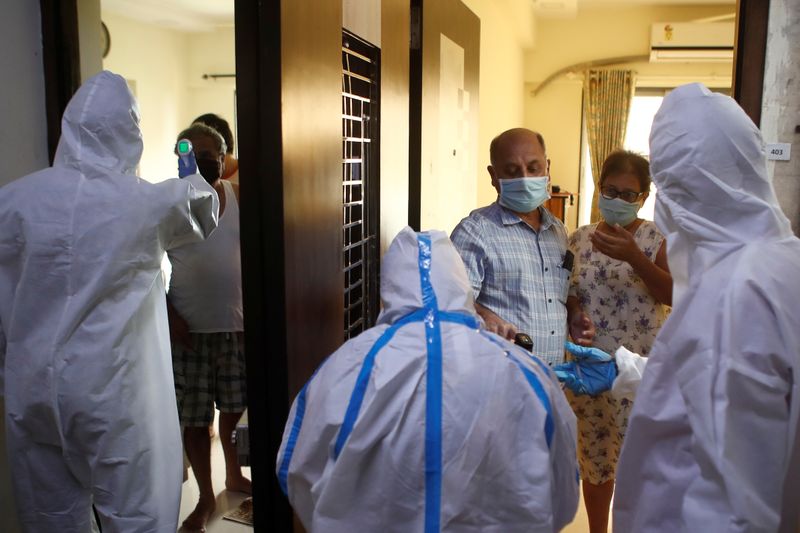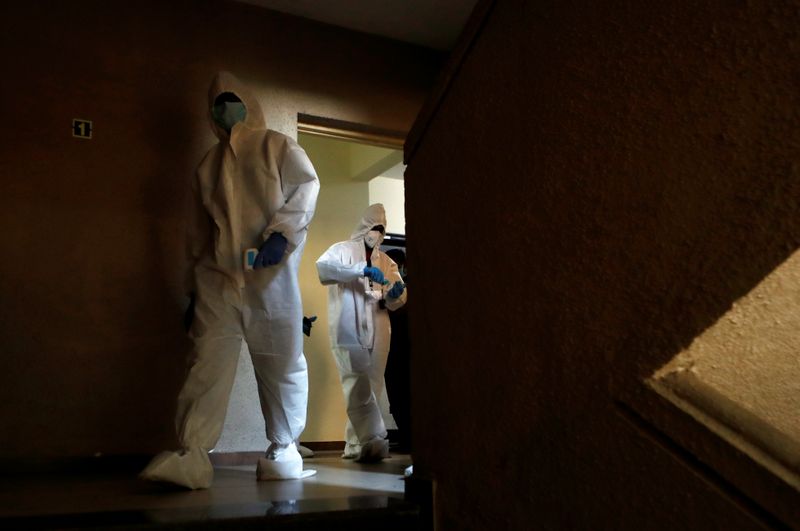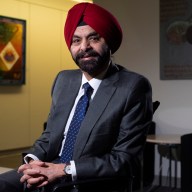MUMBAI (Reuters) – India needs to be “extra vigilant” as the novel coronavirus threat persists, Prime Minister Narendra Modi said in a public address on Sunday, even as the country registered a record number of patient recoveries in a day.
Infections from the coronavirus have risen rapidly in India, the world’s second most populous country, with more than 48,000 cases recorded in the last 24 hours. India has so far recorded nearly 1.4 million cases and more than 30,000 deaths.
On Sunday, the Indian government said 36,145 patients had recovered and been discharged in the last 24 hours, marking a record number of single-day recoveries. At the same time, a record number of tests in a single day – more than 440,000 – were conducted, it added.
Modi, in his monthly radio broadcast to the nation, sounded caution, saying it was important to practise social distancing and wear masks to fight the virus.
“The danger of corona is far from being over. At many places, it is spreading fast,” Modi said. “We need to be extra vigilant.”
In recent weeks, coronavirus infections have spread further into the countryside and smaller towns. Experts say case numbers will rise significantly in the coming months as testing increases, straining a healthcare system already pushed to the brink.
The western state of Maharashtra is the worst-affected, having recorded more than 360,000 cases, of which roughly 60% were reported in the country’s financial capital, Mumbai, and its satellite towns.
India imposed a strict lockdown on March 25 to curb the spread of the coronavirus that causes the COVID-19 respiratory disease, shutting down businesses, schools, airlines and all non-essential services. Many of those restrictions have been eased in recent weeks.
(Reporting by Shilpa Jamkhandikar; Editing by Aditya Kalra and Barbara Lewis)

